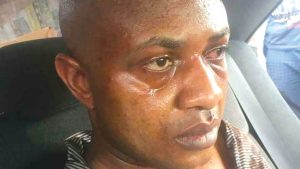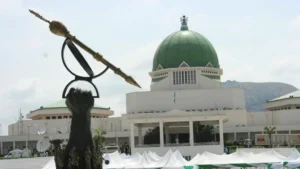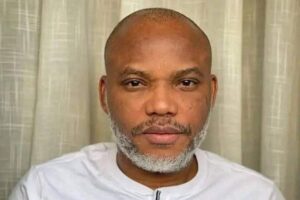
President Bola Ahmed Tinubu is set to visit Benue State today (Wednesday) in the wake of renewed and intensifying attacks by suspected armed herdsmen that have left hundreds dead and entire communities devastated.
The President’s visit follows mounting public criticism over his initial silence and delayed physical response to last Friday’s massacre in Yelewata, Guma Local Government Area, where over 200 villagers were reportedly killed. Tinubu had earlier announced a change in his official schedule to accommodate the condolence visit, following sustained pressure from stakeholders and civil society groups.
Public outrage has continued to swell, with many Nigerians faulting the President not only for the delay in visiting but also for his directive to Governor Hyacinth Alia to initiate reconciliation dialogues — a move viewed by critics as insufficient in the face of ongoing carnage.
Wave of Terror Spreads to Enugu and Abia
Meanwhile, the violence has spilled beyond Benue’s borders. In Enugu State, residents of Aguamede and Eha-Amufu in Isi-Uzo Local Government Area have been gripped by terror after fresh attacks by suspected herdsmen left more than 10 people dead on Sunday alone.
Eyewitness accounts described chilling scenes of machete-wielding attackers storming homes and killing unsuspecting villagers without firing a single gunshot. Some residents alleged that a helicopter had hovered over the area earlier in the day, raising suspicions about how the attackers arrived.
A similar incident occurred last week in Mbuji, Eha-Amufu, where at least four people were reportedly murdered. Historical data reveals that between 2017 and 2022, over 123 residents in the Eha-Amufu axis have been killed in more than 20 coordinated attacks.
In Abia State, armed herdsmen have also reportedly invaded Umunneochi and Isuikwuato communities. On Monday, the state Commissioner for Information, Mr. Okey Kanu, confirmed a “security breach” in Umunneochi that led to multiple fatalities, though no official death toll was disclosed.
“The state security agencies have been placed on full alert to curb further violence,” Kanu said during a media briefing at the Government House in Umuahia.
Locals told our correspondents that the attackers stormed their communities at night, opened fire indiscriminately, and set several houses ablaze. Overwhelmed vigilantes could not repel the attackers, forcing many residents to flee into the forests for refuge.
Calls for Accountability and National Response
Commenting on the developments, Professor Joy Ezeilo, a former United Nations Special Rapporteur and human rights advocate, condemned the attacks, describing the Benue massacre as emblematic of Nigeria’s deepening security crisis. She urged the federal government to conduct a full investigation and ensure justice for the victims.
“Every Nigerian life is valuable. The government must act decisively and transparently to restore peace and rebuild trust in the system,” Ezeilo said.
Speaking to Dr. Kabiru Adamu, Managing Director of Beacon Consulting Ltd., described the President’s visit to Benue as a necessary but largely symbolic gesture.
“This is not a security strategy it’s a political move. However, it can play a role in reducing political tensions and factional hostilities within the state,” Adamu noted, referencing intra-party divisions within the APC, including frictions between Governor Alia’s camp, the camp of the Secretary to the Government of the Federation, and other emerging factions.
“The real test is whether the President can implement a coherent and effective security strategy one that goes beyond gestures and addresses the root causes of violence in these regions.”
As Nigerians anxiously await President Tinubu’s next steps, the urgency for a national security recalibration has never been more apparent. Without swift and sustained intervention, experts warn that the violence could escalate further — with even more communities left in ruins.




![[PHOTOS] Offa LG Councillor, Prince Adegboye Adeniyi Festus Empowers Constituents, Donates Education and Health Materials](https://newsbulletin.com.ng/wp-content/uploads/2025/10/1760428832288-300x300.jpg)


